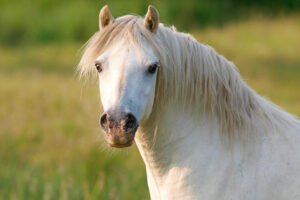
The Many Faces of Equine Metabolic Syndrome
Discover which horses and ponies have a higher genetic risk for EMS and how to manage them in the Spring 2024 issue of The Horse.

Discover which horses and ponies have a higher genetic risk for EMS and how to manage them in the Spring 2024 issue of The Horse.

Dr. Howland Mansfield describes signs a horse is ready to retire from riding, ranging from mild work intolerance to lameness.
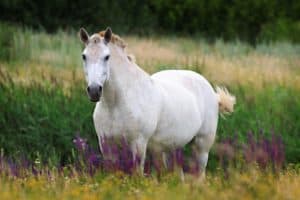
Obesity could cause increased damage to your horse’s joints. Here’s why.
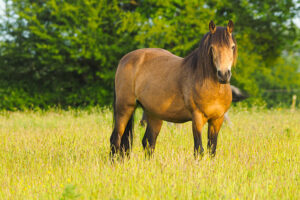
Here are some tips for promoting nonworking horses’ optimal health (and preventing potential problems) with nutrition.

Discover how nutritionists took three horses from fat to fabulous.
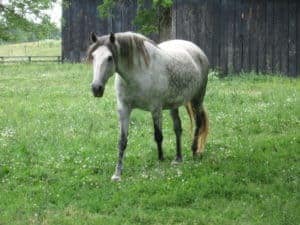
Blood insulin levels can warn of increased risk of laminitis in obese horses and ponies and spur owners to mitigate it.

Grazing muzzles can promote equine weight loss, but it is important to introduce them correctly so horses know how to use them and don’t become stressed.

Here’s how to implement feed and exercise changes for horses that are overweight or obese.
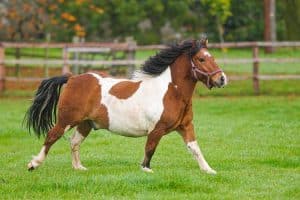
Learn how to help your horse shed his excess pounds safely.
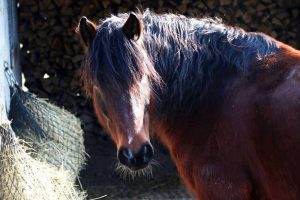
Follow these steps to help your overweight horse subsist on fewer calories.

An equine nutritionist explains how to rectify common mistakes owners make while feeding easy keepers.

Learn how horses go from metabolic to laminitic and ways to manage them.

The do’s and don’ts of feeding horses with 4 common health conditions, including gastric ulcers, metabolic disorders, and more.

Caring for easy-keeping horses can be challenging. Learn how to manage your easy keeper safely and effectively.

Adiposity can cause a variety of health problems in performance horses, from heat stress to arthritis.

How to recognize at-risk horses and manage them appropriately to prevent severe disease.
Stay on top of the most recent Horse Health news with
© 2022 Copyright Statement dolor sit amet, consetetur sadipscing User Terms, sed diam nonumy eirmod tempor invidunt ut labore et dolore magna aliquyam erat, sed diam voluptua. At vero eos et accusam et justo duo dolores et ea rebum. Stet clita kasd gubergren, no sea takimata sanctus est Lorem ipsum dolor sit amet.
"*" indicates required fields